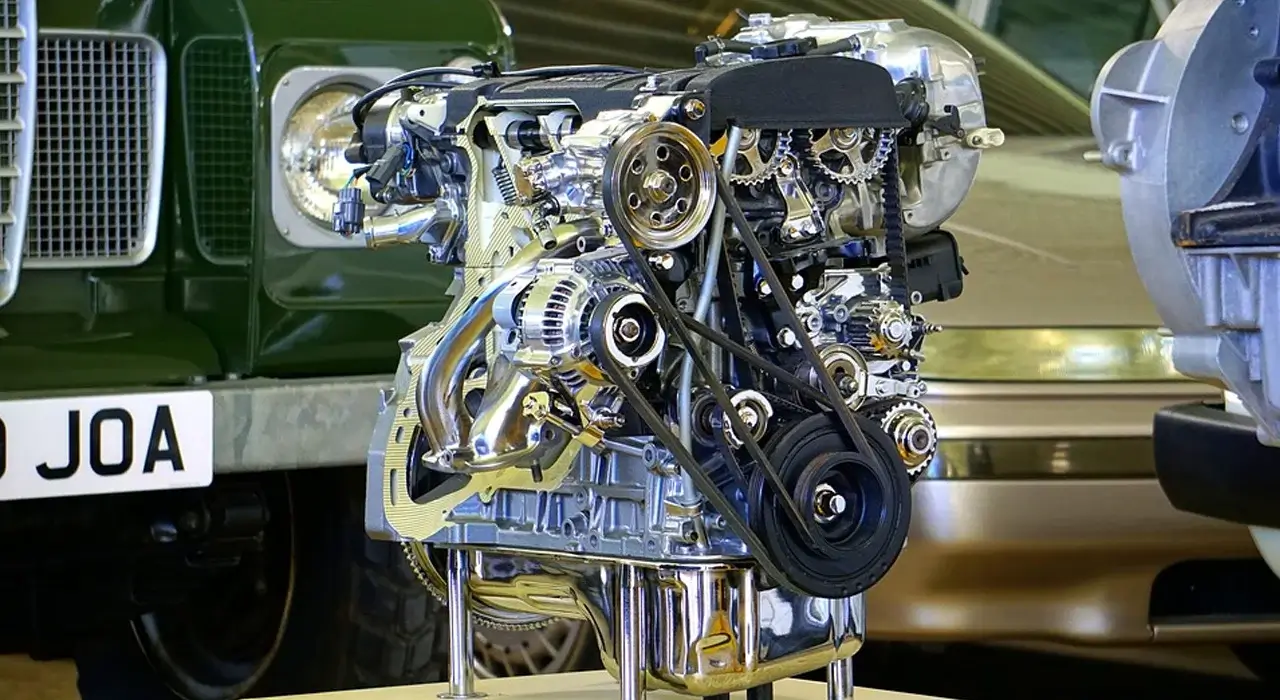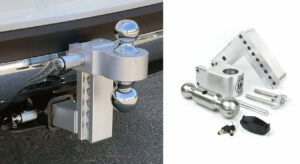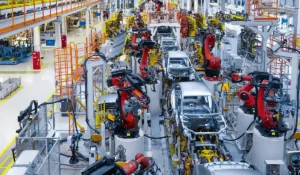Diesel and petrol engines are internal combustion engines that power most cars and trucks. The performance of these two types is quite different as well. Diesel engines have high torque, and they perform well under low-speed driving. Petrol engines produce less power than diesel engines but are less expensive to maintain.
1. Power Production
The combustion of diesel fuel produces much more heat and, therefore, more work than the burning of gasoline, which results in a more powerful engine. Diesel engines have an advantage over petrol engines in that they produce much higher torque at low speeds, which is helpful when starting from a stop.
Suggestion: 9 Best Longest Lasting Car Air Freshener Review
This is why diesel engines are widely used in trucks, buses, tractors, and ships, which require a huge amount of power at a low speed. Petrol engines, in comparison, produce more power under high-speed driving conditions.
2. Fuel Consumption
Fuel consumption is an important factor to consider when comparing diesel and petrol engines. The diesel engine’s fuel consumption is much lower than a petrol engine. This is due to the higher fuel density of diesel compared to petrol. Fuel consumption is dependent on the speed at which an engine produces power.
The higher the power, the less fuel it consumes for a petrol engine. This is why diesel engines are widely used in trucks, buses, and ships, which require a large amount of power at low speeds but are very inefficient for high-speed driving. Cummins R2.8 L turbo diesel engine review suggests that petrol engines produce more power at higher speeds and are thus a better choice for high-speed vehicles.
3. Compression Ratio
The compression ratio measures an engine’s performance capability. If an engine has a higher compression ratio, it can produce more power. Diesel engines have a much higher compression ratio than petrol engines, producing more power under low-speed driving conditions.
Petrol engines, however, have compression ratios between 12:1 and 14:1, which means they produce more power at high speeds.
4. Ignition
The ignition of a diesel engine is provided by the heat produced from the combustion of diesel fuel, whereas the petrol engine ignites through an electric spark. A diesel engine is difficult to start if it has been turned off for a long time.
Popular For You: 9 Best All-Purpose Cleaner For Car Interior Review
The use of glow plugs in combination with pre-heating cylinder walls helps diesel engines easily start and provide maximum performance. A petrol engine can start immediately and does not require any warm-up period or use of glow plugs.
5. Cycle
The cycle of an internal combustion engine refers to the sequence of steps that occurs during a single combustion event. Diesel engines are called two-stroke engines, which complete two strokes in each cycle.
The first stroke is used to compress air, the second stroke is used to ignite the air, and then hot air produced by combustion expands and pushes down on a piston, producing useful work. In contrast, petrol engines are four-stroke engines, meaning they complete four strokes in each cycle.
The first stroke is to force the petrol into the air intake, the second stroke is to ignite the air-fuel mixture, and then hot air produced by combustion expands and pushes down on a piston which produces useful work.
6. Fuel and Air Mixing
Diesel fuel has a higher viscosity, making it difficult to atomize the fuel fully. This means that diesel engines cannot inject fuel directly into the cylinder and must pre-mix the air and fuel before combustion.
Related Post: 7 Best Car Wash Brush With Soap Dispenser
The air-fuel mixture in a diesel engine is provided through a prechamber placed before or after the combustion chamber. The prechamber can contain one or two swirls that mix fuel with air and then introduce them into the main chamber for burning.
In a petrol engine, the fuel is injected directly into the carburetor before the combustion chamber. This allows petrol engines to combust the air and fuel more completely than a diesel engine.
7. Noise and Vibration
Diesel engines are known to produce a much louder noise and to vibrate more than petrol engines. The higher compression ratio in diesel engines means that they compress air much more during each stroke, which results in a louder sound. Diesel engines also tend to vibrate at higher frequencies than petrol engines due to the higher torque produced by diesel engines at low speeds.
In conclusion, when choosing between a diesel and a petrol engine, the cost and performance of the two should be considered. The performance of petrol engines is not as high as diesel engines. Diesel engines have a higher power-to-weight ratio and produce more torque at low speeds, making them ideal for many applications.
Discover more from Locar Deals
Subscribe to get the latest posts to your email.






